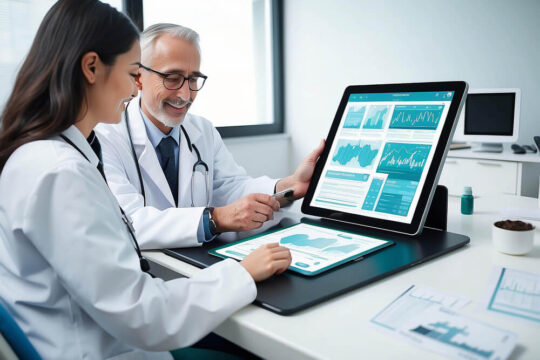What Real-World Applications Can You Expect to Encounter in Aggregate Reporting Roles?

Aggregate reporting plays a vital role in ensuring the safety of pharmaceutical products. Professionals in aggregate reporting roles are tasked with analyzing safety data to generate comprehensive reports. But what practical applications do these roles have in the real world?
In this blog, we’ll dive deep into the practical scenarios and applications encountered by professionals in aggregate reporting roles, shedding light on their significance in safeguarding public health and promoting drug safety.
7 Real-World Applications in Aggregate Reporting Roles

Regulatory Compliance:
One of the primary real-world applications of aggregate reporting roles lies in regulatory compliance. Regulatory authorities, such as the FDA and EMA, mandate the submission of aggregate safety reports to monitor the safety profile of pharmaceutical products. Professionals in aggregate reporting roles ensure that these reports adhere to stringent regulatory requirements and guidelines, facilitating compliance with safety reporting obligations. By meticulously compiling and analyzing safety data, they contribute to maintaining transparency and accountability in the pharmaceutical industry.
Signal Detection and Risk Assessment:
Aggregate reporting professionals are instrumental in signal detection and risk assessment activities. They harness the power of aggregated safety data to identify potential safety signals and assess the risks associated with pharmaceutical products. By analyzing trends and patterns within the data, these professionals can detect emerging safety concerns and proactively mitigate risks. Their insights play a crucial role in informing risk management strategies and ensuring the continued safety of marketed drugs.
Pharmacovigilance Monitoring:
Aggregate reporting roles involve continuous monitoring of the safety profile of pharmaceutical products. Professionals in these roles analyze aggregated safety data to track adverse events, monitor drug trends, and identify potential safety issues. By monitoring the real-world performance of drugs, they contribute to early detection and intervention, thereby enhancing patient safety and minimizing harm. Their vigilance is essential for maintaining the integrity of pharmacovigilance systems and safeguarding public health.
Drug Development and Lifecycle Management:
Aggregate reporting professionals contribute to drug development and lifecycle management by providing critical safety information at various stages of a drug’s lifecycle. During clinical trials, they play a crucial role in monitoring safety data and assessing the risks and benefits of investigational drugs. After a drug is approved for market use, they continue to monitor its safety profile through post-marketing surveillance activities. By generating comprehensive aggregate reports, these professionals support decision-making processes, optimize risk management strategies, and ensure the continued safety of marketed products.
Safety Communication:
Effective safety communication is essential for ensuring that healthcare professionals and patients are informed about potential risks associated with pharmaceutical products. Aggregate reporting professionals play a key role in distilling complex safety data into understandable formats and disseminating relevant information to stakeholders. By facilitating transparent and timely communication, they empower healthcare professionals and patients to make informed decisions about drug therapy. Their efforts contribute to enhancing drug safety awareness and promoting patient-centered care.
Post-Marketing Surveillance:
Aggregate reporting roles are integral to post-marketing surveillance efforts aimed at monitoring the safety of drugs in real-world settings. Professionals in these roles conduct ongoing analysis of aggregate safety data to detect and assess adverse events, evaluate safety signals, and implement risk minimization measures as needed. By continuously monitoring the safety profile of drugs, they contribute to early detection of safety concerns and ensure timely intervention to protect patient safety.
Pharmacovigilance Research:
Aggregate reporting data serves as a valuable resource for pharmacovigilance research and epidemiological studies. Professionals leverage aggregated safety data to conduct retrospective analyses, evaluate safety outcomes, and contribute to the broader scientific understanding of drug safety and effectiveness. By generating insights from real-world data, they advance pharmacovigilance knowledge and inform evidence-based decision-making in healthcare.
Conclusion:
In conclusion, aggregate reporting roles are essential in safeguarding public health and promoting drug safety. Aspiring professionals looking to excel in this field can benefit from specialized training offered by reputable institutes like Pharmamentors. With expert instruction and hands-on experience, Pharmamentors equips individuals with the skills and knowledge needed to thrive in aggregate reporting roles and make meaningful contributions to the pharmaceutical industry.


